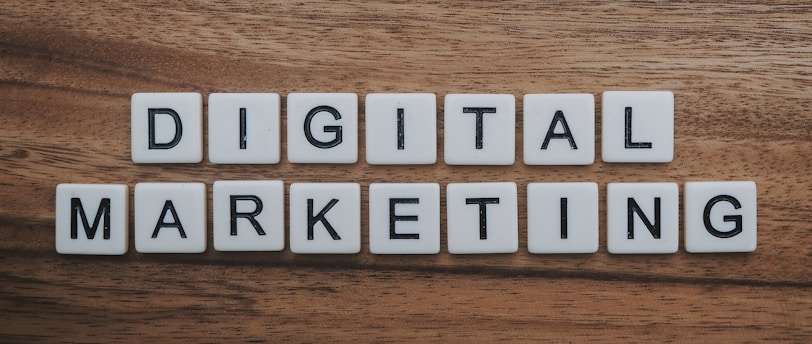Understanding the Basics of Digital Marketing for Small Businesses
In this post we break down the fundamentals of digital marketing, including SEO, social media, and email strategies. Learn how to effectively reach your audience, measure results, and grow your business with actionable tips and insights. Start optimizing your digital presence today!
8/28/20244 min read


In today’s digital world, having a robust online presence is crucial for small businesses looking to compete and grow. Digital marketing is a powerful tool that allows businesses to reach a broader audience, engage with potential customers, and drive sales. Unlike traditional marketing methods, digital marketing offers a more targeted, cost-effective approach to promoting your business.
What is Digital Marketing?
Digital marketing encompasses all marketing efforts that use the internet or an electronic device. It includes various strategies and tactics aimed at connecting with potential customers online. Unlike traditional marketing methods such as print ads or TV commercials, digital marketing allows for more precise targeting and measurable results.


Key Components of Digital Marketing
Search Engine Optimization (SEO)
SEO is the process of optimizing your website to rank higher in search engine results. Basic techniques include keyword research to identify what terms potential customers are searching for, on-page optimization to ensure your website content is relevant and well-structured, and link building to enhance your site’s authority and visibility.


Content Marketing
Creating valuable content helps attract and engage your audience. This includes blogs, videos, and infographics that provide useful information and solutions to your customers’ problems. Content marketing builds trust and establishes your brand as an authority in your industry.
Platforms like Facebook, Instagram, Twitter, and LinkedIn are essential for building brand awareness and engaging with your audience. Developing a strong social media strategy involves creating relevant content, interacting with followers, and running targeted ads.
Social Media Marketing




Email Marketing
Email marketing is a powerful tool for nurturing customer relationships and driving repeat business. Effective email campaigns involve segmenting your audience, personalizing messages, and sending emails at optimal times to encourage opens and clicks.


Pay-Per-Click (PPC) Advertising
PPC ads appear on search engines and social media platforms, driving targeted traffic to your website. You only pay when someone clicks on your ad, making it a cost-effective way to generate leads and sales quickly.
Tracking and analyzing your digital marketing efforts is crucial for understanding what works and what doesn’t. Key metrics to monitor include website traffic, conversion rates, and return on investment (ROI). This data helps you make informed decisions and optimize your strategies.
Analytics and Reporting




Why Digital Marketing is Essential for Small Businesses
Cost-Effectiveness: Digital marketing often costs less than traditional marketing methods and provides a higher return on investment. Small businesses can achieve significant results without a large budget.
Targeted Reach: Digital marketing allows you to target specific demographics, interests, and geographic locations, ensuring that your marketing efforts reach the most relevant audience.
Measurable Results: Unlike traditional marketing, digital marketing provides detailed insights into your campaigns’ performance. This enables you to track progress, measure success, and make data-driven decisions.
Scalability: Digital marketing strategies can be scaled up or down based on your business needs and budget. This flexibility allows you to adapt and grow as your business evolves.
Getting Started with Digital Marketing


Know Your Audience
Conduct market research to understand your target audience’s needs, preferences, and behaviors. This information will help you create relevant content and choose the right marketing channels.
Create a Strategy
Develop a comprehensive digital marketing plan that outlines your tactics, timelines, and budget. A well-defined strategy will help you stay focused and achieve your goals.
Define Your Goals
Start by setting clear, achievable goals for your digital marketing efforts. Whether it’s increasing website traffic, generating leads, or boosting sales, having specific objectives will guide your strategy.
Monitor and Adjust
Regularly review your digital marketing performance and make necessary adjustments. This ongoing process ensures that you stay on track and continually improve your results.

Ready to take your digital marketing to the next level?
Contact us today for a free consultation and discover how we can help your small business thrive online.
Connect with us!
Lunar Creative Group - Design and Digital Marketing
(321) 243-4837 | Listings | Privacy Policy | Terms & Conditions
© 2025 Lunar Creative Group. All rights reserved.


